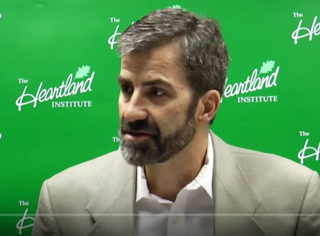A Quote by Frans van Houten
Thanks to the digital and big data revolution, we can start to do what was previously unthinkable - to improve patient outcomes and lower healthcare costs while delivering personalized care to each individual.
Related Quotes
Supported by digital data, new data-driven tools, and payment policies that reward improving the quality and value of care, doctors, hospitals, patients, and entrepreneurs across the nation are demonstrating that smarter, better, more accessible, and more proactive care is the best way to improve quality and control health care costs.
One of the biggest reasons for higher medical costs is that somebody else is paying those costs, whether an insurance company or the government. What is the politicians' answer? To have more costs paid by insurance companies and the government. ... [H]aving someone else pay for medical care virtually guarantees that a lot more of it will be used. Nothing would lower costs more than having each patient pay those costs. And nothing is less likely to happen.
The benefits of a modest warming would outweigh the costs - by $8.4 billion a year in 1990 dollars by the year 2060, according to Robert Mendelsohn at Yale University - thanks to longer growing seasons, more wood fiber production, lower construction costs, lower mortality rates, and lower rates of morbidity (illness).
Meeting the unique healthcare needs of the hardworking men and women who call rural Louisiana home can be challenging. It is important for us to recognize the rural healthcare providers, health care organizations and volunteers who work diligently to offer comprehensive, compassionate, patient-centered care to these communities.

































